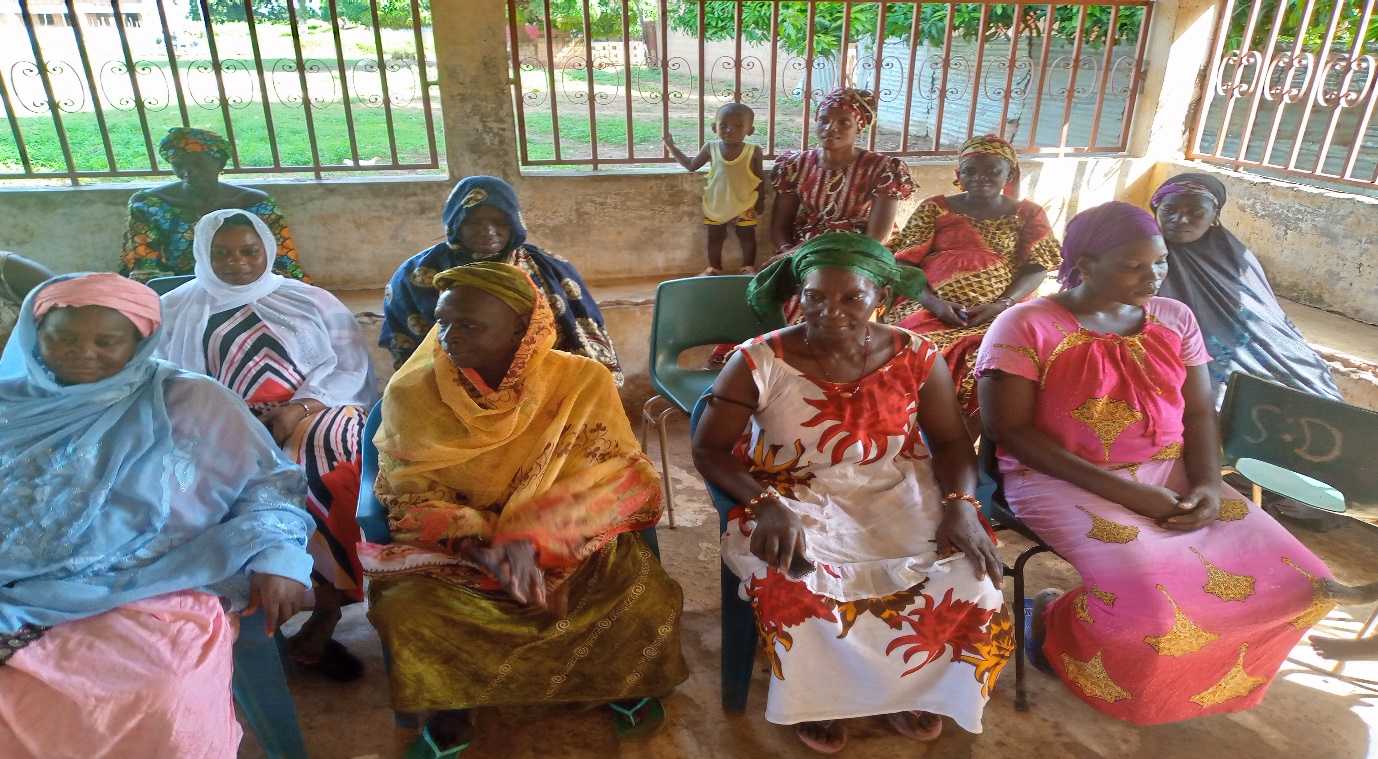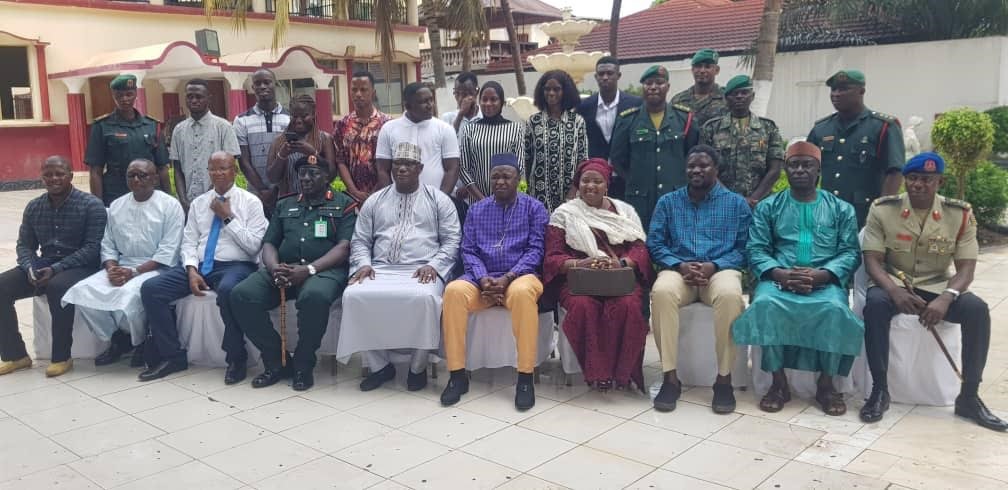By Mustapha S Koli
Future in Our Hands The Gambia (FIOHTG) recently sensitized Prince Village on significant steps in addressing development challenges that have hampered the effective participation of women and girls in both local and national development.
The forum brought together 40 selected men and women from the Prince community to discuss mainstreaming gender in community development projects and the significance of women’s participation in the decision-making process.
Rose T Mendy, FIOHTG Program Officer stated that the forum was meant to sensitize participants on how to reduce the disparities between men and women in the community, work towards a more equitable society, and encourage both men and women to actively engage in community project activities.
She added that it’s to create awareness of conditions for both genders to access community projects and programs on an equal footing and also to develop and implement a gender work plan that would guide future activities.
In his closing remarks, Malick Joof, Alkalo of Prince Village said that the three days of learning, discussions, and understanding the importance of gender sensitivity and equality provided a platform for open dialogue on how to break down gender-based barriers and stereotypes.
Mr. Hamadi Njie Chairman of the Village Development Committee dilated on the significance of the forum, noting that it will serve as a catalyst for lasting change in approaching issues affecting women and girls in the community.
He added that the outcome of the activity such as the establishment of functional gender committees and the formulation of gender action plans will help in shaping a new direction for program implementation.
The workshop covered a range of essential topics, including understanding the concept of gender, distinguishing between sex and gender, analysing daily routines while considering gender differences, exploring the advantages and disadvantages of divisions of labour, understanding power relations and access to resources, examining the social structure’s impact on development, and discussing the relationship between gender and the environment.




